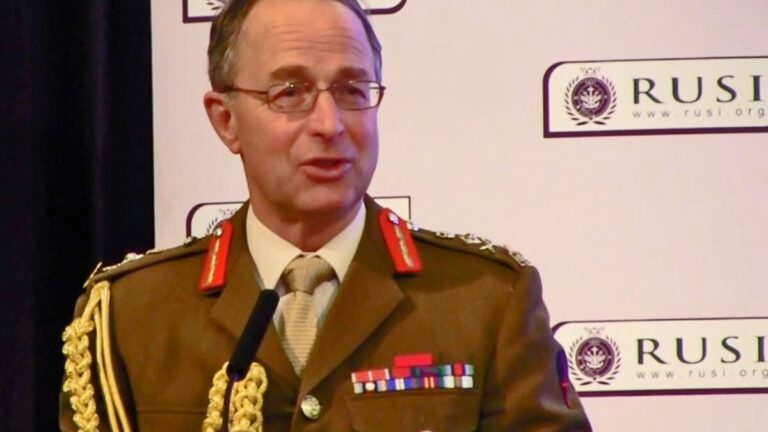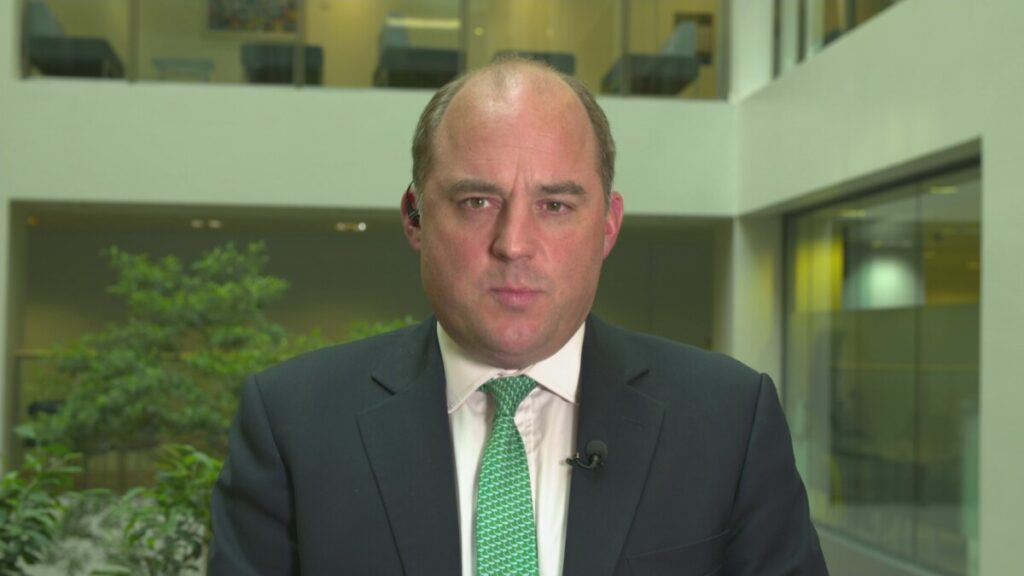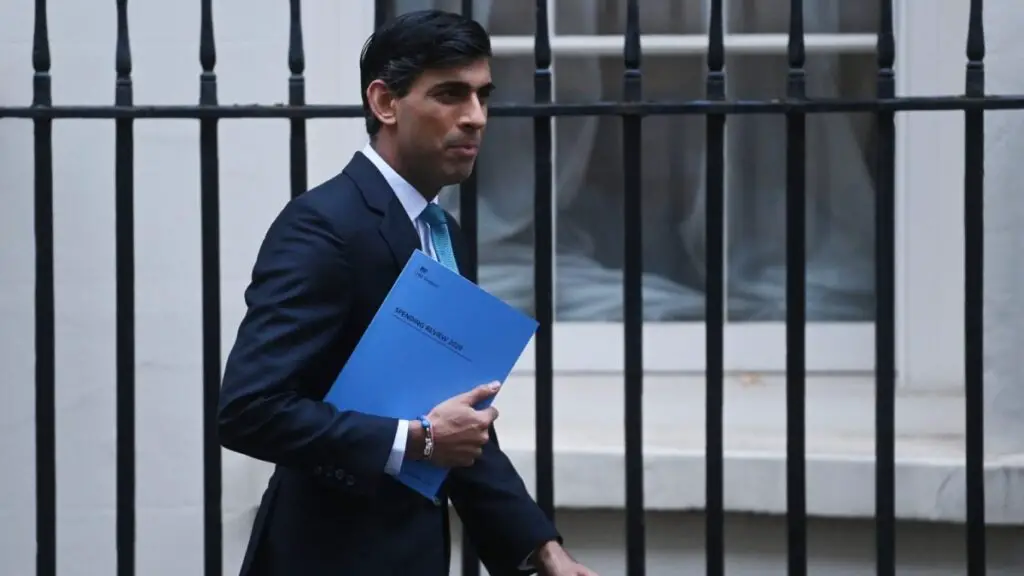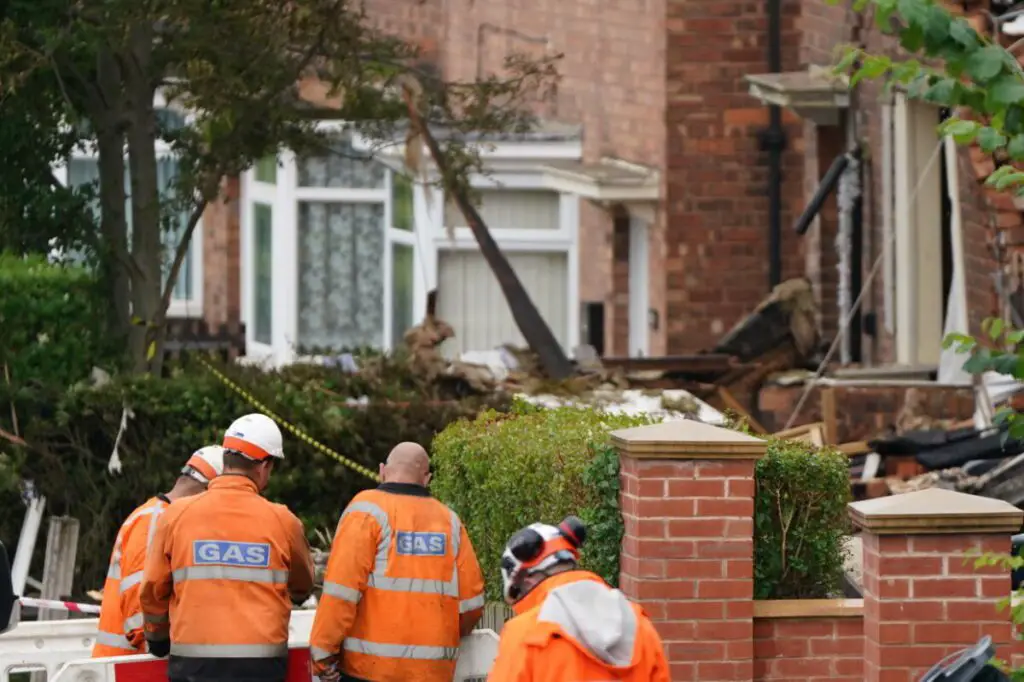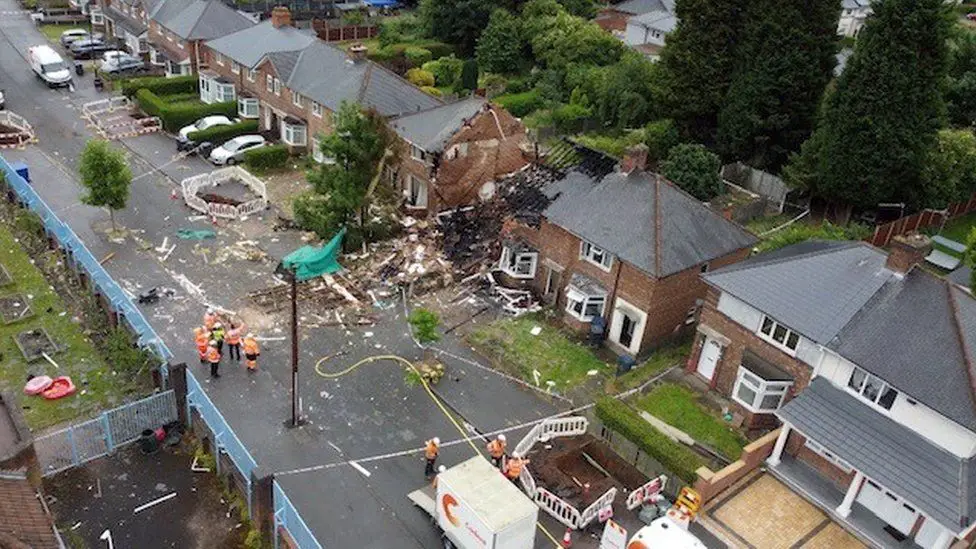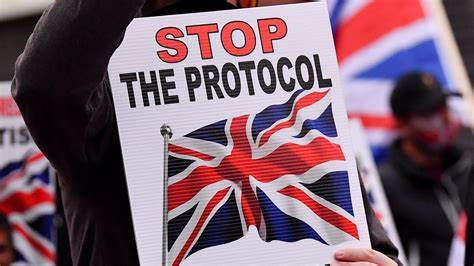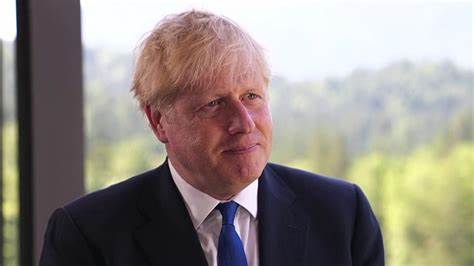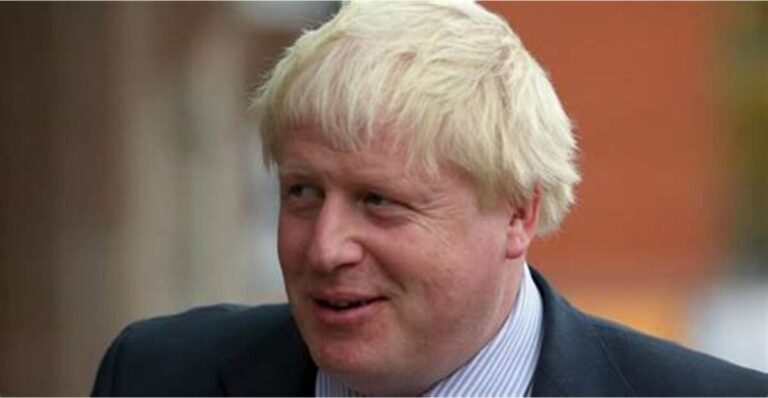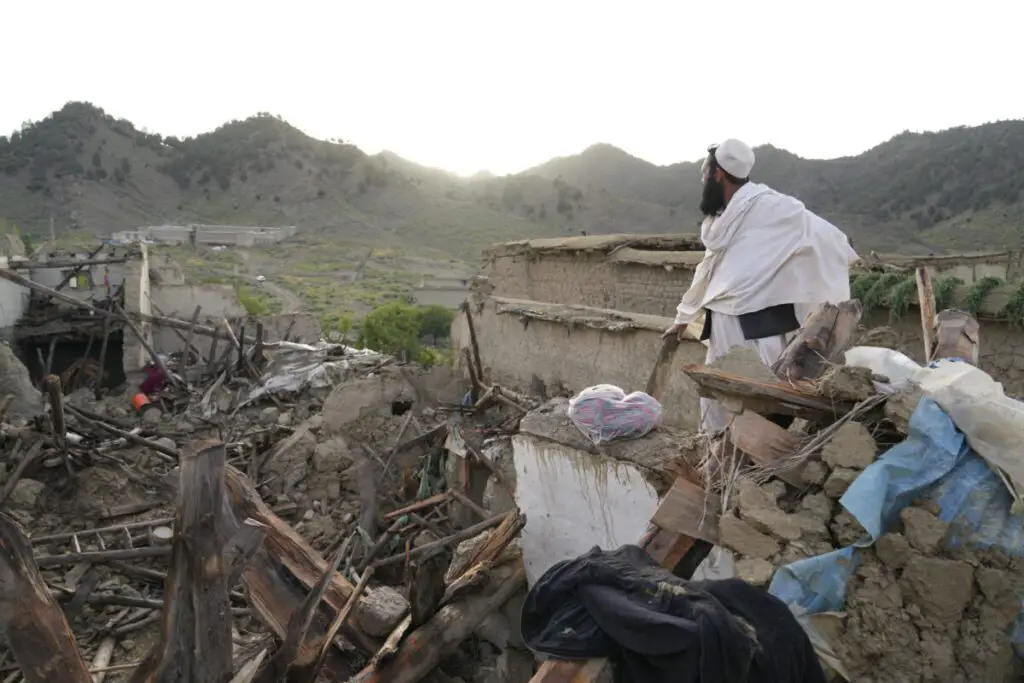A slew of amendments also include protections for women and girls, such as a new offense for those who photograph breastfeeding without consent and an extension of the reporting period for victims of domestic violence.
Mandatory life sentences for individuals who murder emergency personnel are among the criminal justice measures enacted today to “make our streets safer.”

The amendments also impose harsher penalties for anyone convicted of premeditated child homicide.
In such circumstances, a life sentence, in which criminals are informed they will never be released, will be the starting point for sentencing considerations.
In addition, the Ministry of Justice said that it will discontinue the automatic early release of dangerous offenders.
The taking of nonconsensual images or recordings of breastfeeding mothers is now a crime punishable by up to two years in prison, as part of additional steps to protect women and girls.
Meanwhile, the statute of limitations for common assault and battery offenses relating to domestic violence will be changed from six months from the day of the offense to six months from the date it was reported to the police, up to a maximum of two years from the date of the offense.
This is intended to provide victims with additional time to report events.
The Police, Crime, Sentencing, and Courts Act contains a slew of amendments.
Boris Johnson stated that the government was “making good on its promise to make our streets safer.”
The prime minister said, “We have altered the law so that dangerous offenders receive the punishments they deserve and remain incarcerated, and we have given the police the authority they need to keep us secure.
Harper’s Law mandates a mandatory life sentence for anyone convicted of murdering an emergency worker while committing a crime.
It follows a campaign by Lissie Harper, whose husband PC Andrew Harper died of his injuries after being dragged along a country road by a group of youngsters fleeing the scene of a quad bike theft.
His murderers were acquitted of murder and handed sentences ranging from 13 to 19 years for manslaughter.
The Attorney General’s plea to have their prison sentences doubled was denied.
Other alterations include:
• Judges will be able to issue life sentences for death by dangerous driving or death by careless driving while under the influence of alcohol or drugs, and there will be a new offense of causing serious injury by careless driving.
• Individuals between the ages of 18 and 20 who commit the most heinous crimes, such as terrorism resulting in mass death, are subject to life sentences. The maximum sentence for assaulting police, other emergency personnel, or jail authorities has been increased from one year to two years. A new offense of “intentionally or carelessly” causing public disturbance reflects the increase of so-called “guerrilla protest” techniques, as well as new police authority to combat non-violent demonstrations that disrupt the public or access to parliament
• Changing the sentencing rules for children who commit murder – with harsher minimum periods for older youngsters or more severe crimes – and making it more difficult for those who have turned 18 to have their minimum sentences reconsidered
• Offenders jailed for between four and seven years for serious violent and sexual offenses such as rape, manslaughter, and GBH with intent will no longer be released halfway through their sentences; instead, they will be required to spend two-thirds of their time behind bars.
• Allowing criminal courts to maximize the use of video and audio technology to spare participants in trials from having to travel unnecessarily to court;
• Permitting deaf jury members to have a sign language interpreter with them in the jury deliberation room, bypassing the current ban on the presence of a “stranger” in the room; and People who commit criminal damage to memorials will no longer be sentenced based on the monetary amount of the damage, meaning that even low-value claims can be heard by the Crown Court, which can impose a maximum of ten years in prison.





